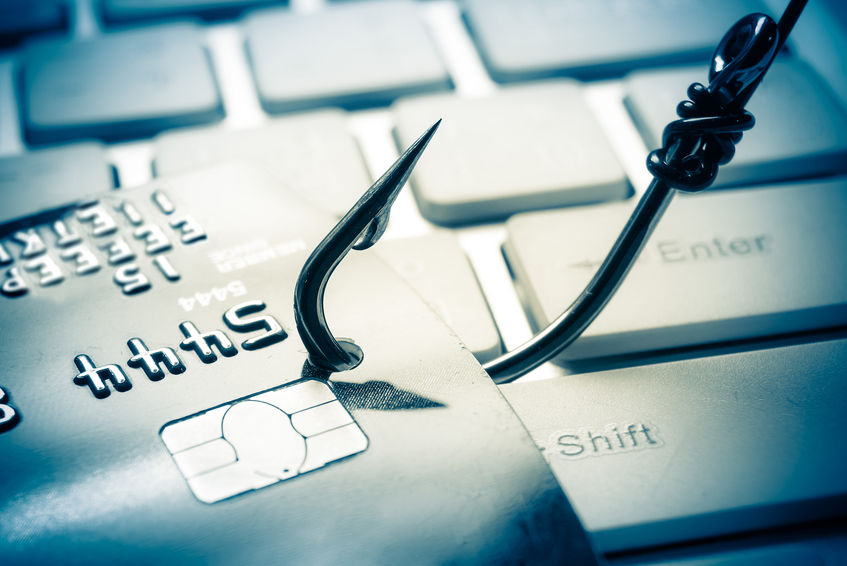 As you gear up for the busiest shopping time of the year, managing your money involves more than just setting and sticking to a budget. Thieves, knowing that the holidays make us distracted shoppers, are just waiting for you to make the slightest slip-up that allows them to access your finances. That explains the 22 percent spike in holiday identity theft from 2016 to 2017.
Couple this with the fact that 53 percent of all holiday shopping now happens online (a hacker’s paradise!) and the odds are pretty good that even the wisest of us might make our wallets a little more vulnerable this time of year.
So take a break from raking leaves, grab a turkey leg, or settle in with some pumpkin pie and let’s dig into steps we can take to spend safely this holiday season.
As you gear up for the busiest shopping time of the year, managing your money involves more than just setting and sticking to a budget. Thieves, knowing that the holidays make us distracted shoppers, are just waiting for you to make the slightest slip-up that allows them to access your finances. That explains the 22 percent spike in holiday identity theft from 2016 to 2017.
Couple this with the fact that 53 percent of all holiday shopping now happens online (a hacker’s paradise!) and the odds are pretty good that even the wisest of us might make our wallets a little more vulnerable this time of year.
So take a break from raking leaves, grab a turkey leg, or settle in with some pumpkin pie and let’s dig into steps we can take to spend safely this holiday season.
Be Vigilant Online
An Experian survey of those who experienced holiday identity theft indicated that 43 percent of the theft occurred while online shopping. Specifically, 16 percent of that theft occurred on Cyber Monday. Clearly, this is the season for cybercrime. Most of us are probably familiar with basic online shopping tips, but being SUPER vigilant this time of year means taking it up a notch:- Type in the web address instead of clicking on a link
- Only make purchases on sites that are secure, like those that have “https” in the URL or that have an icon of a lock before the URL
- Don’t conduct business over public Wi-Fi, including signing in to any sites or apps
- Be wary of inbox deals that seem too good to be true; they probably are, and they are probably phishing scams